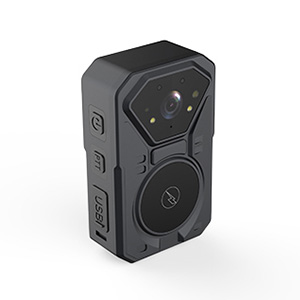
# Police Body Cameras: Enhancing Accountability and Transparency
## The Rise of Police Body Cameras
In recent years, police body cameras have become an increasingly common tool in law enforcement agencies worldwide. These small, wearable devices are designed to record interactions between officers and the public, providing an objective record of events as they unfold.
## How Body Cameras Work
Police body cameras are typically attached to an officer’s uniform, usually on the chest or shoulder area. They can be activated manually or automatically in certain situations, such as when an officer draws their weapon or turns on their patrol car’s emergency lights. The cameras capture both video and audio, storing the footage securely for later review.
## Benefits of Body-Worn Cameras
### Increased Transparency
One of the primary advantages of police body cameras is the transparency they bring to police-citizen interactions. The footage provides an unbiased account of events, which can be crucial in investigations of alleged misconduct or use-of-force incidents.
### Improved Officer Accountability
Body cameras encourage officers to follow proper procedures and protocols, knowing their actions are being recorded. This accountability can lead to more professional behavior from law enforcement personnel.
### Enhanced Public Trust
When communities see that police interactions are being recorded, it can help build trust between law enforcement and the people they serve. Citizens may feel more confident that their rights will be protected during encounters with officers.
### Better Evidence Collection
Video footage from body cameras can serve as valuable evidence in criminal cases, providing clear documentation of crimes, suspect descriptions, and officer observations at crime scenes.
## Challenges and Considerations
Keyword: police body cameras
While police body cameras offer many benefits, their implementation isn’t without challenges:
– Privacy concerns for both officers and civilians
– Data storage and management issues
– Policies regarding when cameras should be activated
– Public access to footage
– Costs associated with equipment and maintenance
## The Future of Police Body Cameras
As technology advances, we can expect to see improvements in body camera systems, including:
– Longer battery life
– Higher quality video and audio
– Better integration with other law enforcement technologies
– More sophisticated data analysis capabilities
Many experts believe that as these devices become more sophisticated and widespread, they will play an increasingly important role in modern policing, helping to ensure both officer safety and public accountability.